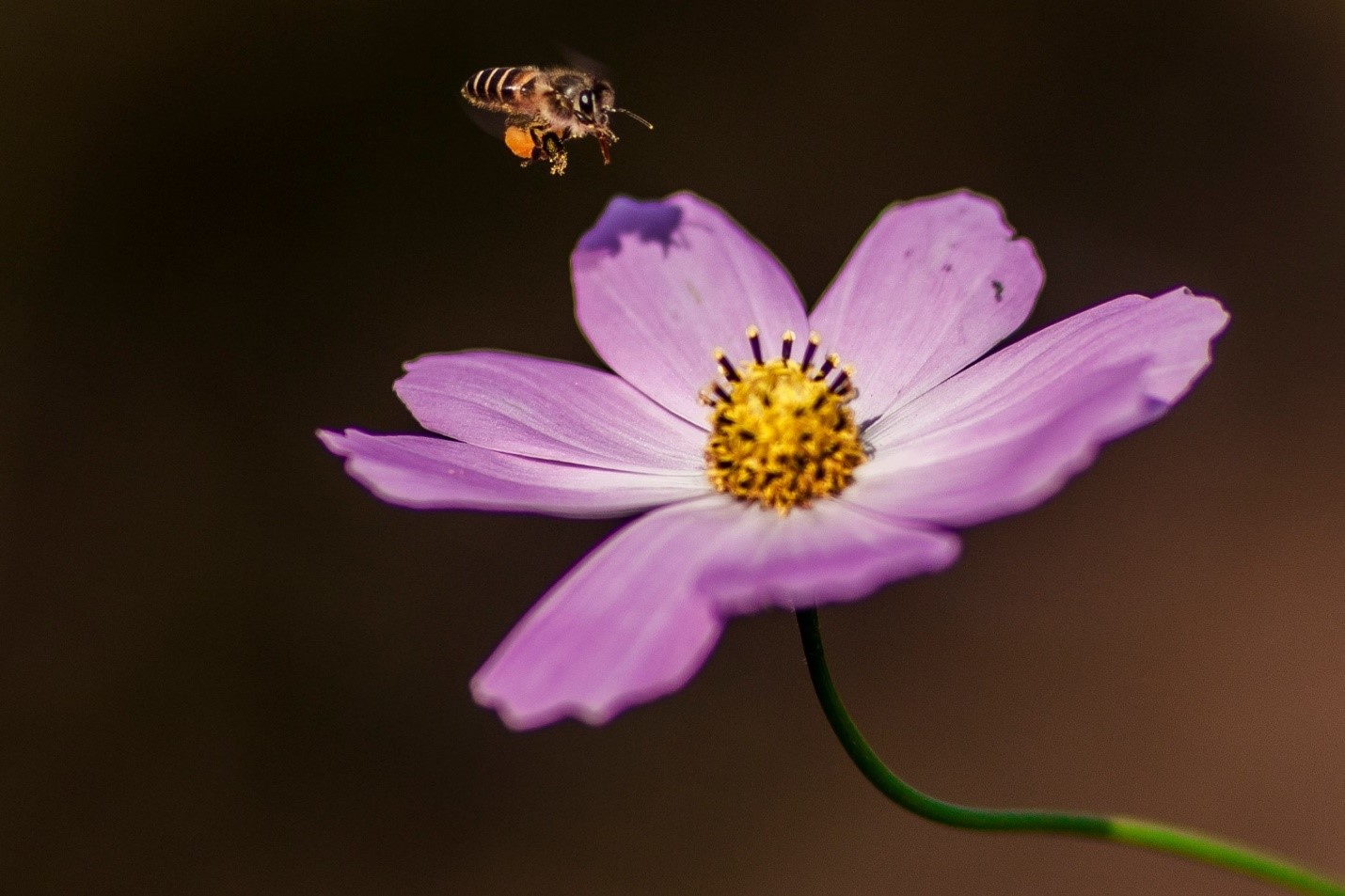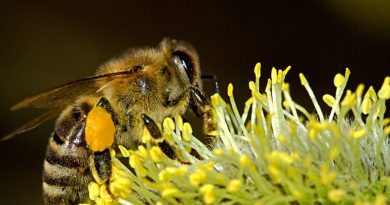Protecting Our Honey Bees
When you hear that honeybee populations are on the decline, you should be concerned. Bees do much more than just sting you when irritated- they also pollinate over 400 different plants around the world, while adding $19 billion to the U.S Agricultural economy. In Florida, many people depend on flowering plants for their livelihood and their primary source of food. Simply put, bees play an important role in our daily lives.
While honeybees are mostly known for the sweet honey they produce, they also add value in many additional ways. Therefore, it’s critical to protect both local and national bee populations before it’s too late.
Why Honeybees are important
Bees are among the hardest working animals that exist- staying active around the clock to keep their colonies thriving. The highly productive nature of bees is what makes them so important to humans and the environment.
Honeybees help us in the following ways:
- Pollinating food crops
Flowering plants depend on pollinators to spread pollen from the male part of the flower to the female part. When insects feed on nectar, they accumulate pollen on various parts of their bodies. This pollen is then spread to other plants, and thus fertilization occurs.
Honeybees are one of the most effective pollinators in the world. They have tiny hairs all around their bodies that can easily pick up and transport pollen to many other flowers. And because honeybees focus on specific species of plants, they’re more effective at pollination in the long run.
Pollination allows food crops to thrive. In fact, farmers in Florida can enjoy greater yields of citrus, tomatoes, sugarcane, watermelons, and much more because of the effects of pollination.
- Producing Honey
Perhaps the best-known benefit of honeybees is in producing honey. Bees produce honey from regurgitated nectar, which they end up storing in honeycombs as a winter food source.
Humans depend on honey for many different uses. From applying it on your bread to using it for treating burn wounds, the benefits that honey provides to humans are widespread. Additional uses of honey include:
- Cosmetics: applying it on the skin and hair
- Treating diabetes and ulcers
- Adding nutritional value to food items
- Detecting Pollution levels in cities
There is also an interesting correlation between the composition of honey and pollution levels in any given city. A recent study in Vancouver uncovered that the honey produced by bees within a specific location will contain a proportional amount of lead, zinc, copper, and other chemicals that may be present in the surrounding atmosphere. Therefore, honeybees can serve as an important warning sign of high pollution levels.
How to support your local bee populations
With how vital honeybees are, we should all take steps towards protecting both local and national bee populations. You can play an active role in this movement in several ways.
Support your local beekeepers
Local beekeepers in Florida are on the frontline when fighting against dwindling honeybee populations. You can support these efforts by buying local honey products from flea markets or shops. You can also donate essential supplies to beekeepers- such as honey extractors, wax stamps, and glass jars.
Some beekeepers gather nuisance hives from homes/businesses, after which they take them to more appropriate sites. This practice ensures that all beehives are in a location where the colony can be of benefit to the environment. Inquire about beekeeping services that can help you safely move a nuisance hive.
Plant what bees love to eat
If you have a garden outside your home, you can also help local bee populations thrive in Florida. Take time to learn which plants the local bees love and plant those species in your garden. Some of the top plants that bees thrive on include sunflowers, lavender, buttercup, asters, and dragonhead.
Many of these plants are colorful and vibrant, which will also add to the beauty of your garden. Lavender and catmint are also perfect for the hot Florida weather because they’re resistant to drought.
By providing more food sources for local bees, nearby colonies will thrive and expand to increase the population over time.
Don’t destroy their habitats
The honeybee is a resilient and resourceful insect, as it can create a habitat out of many different areas. From dead logs to loose earth, honeybees rely on various habitats to form colonies and to protect their queen.
You can help populations thrive by minimizing logging in your area, not using too much mulch in your garden, and protecting areas where you see beehives.
Protecting local and national bee populations is a joint effort that everyone should be involved in.






Preserving current bee habitat and enhancing it by introducing pollinator-friendly species to our gardens and public lands.
Available here https://carwashservicesusa.com Car Wash Services Company in USA